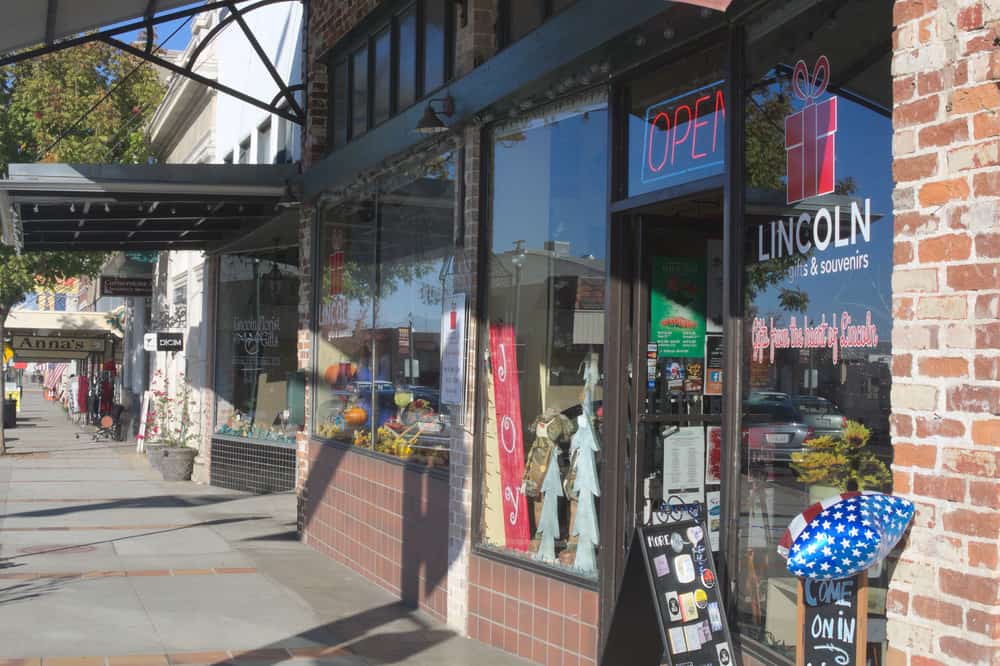Understanding Non-Profit Lenders
In addition to small business lenders like banks, credit unions, and online lenders, non-profit micro lenders fill a niche for small businesses that might not otherwise qualify for a loan. Non-profit lenders tend to focus on smaller loan amounts, of under $50,000, and small businesses that have the potential to provide positive economic impact within their communities, but either have too short a track record or are too small to be attractive to other, for-profit, lenders.
Advice and Favorable Terms that Create Community Impact
Non-profit lenders typically offer very low, and sometimes even no-interest loans to business owners who meet their criteria. What’s more, many non-profit lenders also offer other business-related services like mentoring, workshops, and other advice to their clients.
Many of these lenders are focused on supporting community development initiatives and are looking for businesses that can leverage relatively smaller loan amounts into opportunities to create jobs and contribute to community growth. Because many of the business owners that find success with non-profit lenders are some of the smallest small businesses, the loan amounts and terms are a perfect fit for business owners that don’t have large capital needs.
Justin Renfro, of Kiva Zip, says, “There are roughly 25 million very small businesses, often referred to as micro-businesses all across the country. Like many of the bigger businesses in the U.S., they need capital to grow and expand. Unfortunately, because their capital demands are very small, they are often excluded from more traditional sources of capital, like a bank loan.”
“A borrower who might be looking for $3,000 or $5,000 would probably be pushed into a credit card or turned away entirely from their local bank. A loan that small just isn’t what the bank wants to deal with. However, that very small amount of capital can have a big impact in the right hands.”
What Type of Business is a Good Fit for a Non-Profit Lender?
Stacey Sanchez of San Diego-based non-profit, CDC Small Business Finance, describes the average small business borrower she sees:
“We work with many different businesses. Restaurants, small merchants, and other businesses the average person might associate with Main Street. We help a lot of startups get of the ground as well as some businesses that might have been around for a while, but don’t need a lot of capital. Many businesses could be a fit for the microloan program depending upon the nature and size of the business, and where it’s located.”
“Not too long ago I met a woman who had been working in a flower shop for 10 years. After graduating from college, she stayed in the shop and her responsibilities within the business continued to grow. When the business owner decided it was time to sell, he offered the business to her. Even though she needed a loan to purchase an existing business, because she was a new owner, it was considered a startup and she wasn’t able to get a traditional loan at the bank. We helped her with a microloan, which made it possible to buy the business, keep the doors open, and she’s even added employees since purchasing it.”
Additionally, smaller businesses that are able to leverage a little bit of capital into a big impact are a good fit for these microloans. Renfro described a small business in Arkansas that took a very small loan amount and was able to grow his business:
“An entrepreneur in Arkansas was making cheese out of the kitchen of his church. He only produced a few gallons every week, but his friends and other customers loved what he was doing. His cheese was so popular, he wanted to take what had been a hobby and turn it into a business—but he didn’t have the capital to buy the equipment necessary to increase production.”
“He didn’t need much capital. He wanted to buy a 500-gallon cheese vat, which would grow his production capacity by about 100X. The loan he used to buy the bigger vat has helped Kent Walker Cheese become the biggest cheese manufacturer in Arkansas. A little bit of capital with a very big result.”
Working with a Non-Profit Lender
Although non-profit lenders share many similar characteristics with each other, they are not all the same. Kiva Zip, for example, offers crowdfunded loans of $5,000 or less to very small businesses for a first time loan. The loan amount can go up after demonstrating a positive track record—and they look at qualifying criteria a little differently than some other lenders.
“We look at what we do as very similar to how small business lending took place 100 years ago,” said Renfro. “Back then, a business owner’s reputation was the primary way a banker would evaluate his or her creditworthiness. Although times have changed in many ways, we believe this is still a good way to determine who gets a loan and who doesn’t.”
“Your reputation in the community is what qualifies you for a Kiva Zip loan. We call it social underwriting”
Federally licensed Community Development Financial Institutions (CDFIs) access private and public funds when lending to small business owners and as the name implies, they typically focus on businesses that have the potential to impact developing communities. Some of the better-known and established CDFIs include Accion and City First Bank.
Non-profits like CDC Small Business Finance, according to Stacey Sanchez, are looking for “…strong businesses with reasonably good credit, but they might not meet all the requirements at the bank.”
“We look for business owners that can demonstrate an ability to repay a loan,” she says. “A good business plan is important, but we’re even more interested in whether or not they have the cash flow to make the loan payments. A strong wage earner in the household is critical. We can’t help a startup founder, for example, who needs the loan to pay himself or herself a personal salary to get things going.”
Each non-profit lender has different requirements, so it pays to do your homework. Depending upon the lender, business owners can use loan proceeds for working capital, to purchase inventory or equipment, ramp up a marketing campaign, expand, or other similar uses.
If your business has sufficient cash flow to support a loan payment, you haven’t declared bankruptcy in the last 12-24 months, and you’re current with your personal credit obligations like rent or a mortgage for the last year, you may be able to qualify for a loan with a non-profit lender even if you have a less-than-perfect credit profile.
The smallest small businesses, particularly those in developing communities, often aren’t served well by traditional for-profit lenders—making non-profit lenders an important part of the small business lending landscape.
Business Loans From $5,000 to $500,000
DISCLAIMER: This content is for informational purposes only. OnDeck and its affiliates do not provide financial, legal, tax or accounting advice.



